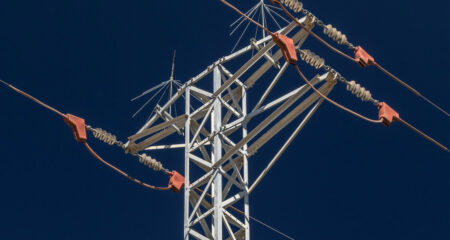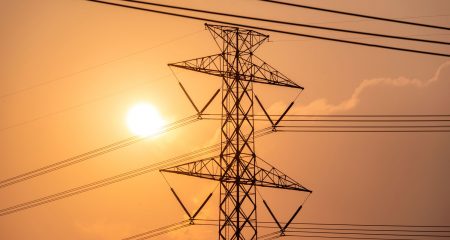 The South African Revenue Service (Sars) has led a intergovernmental search-and-seize operation across five provinces aimed at breaking the back of a “sophisticated” criminal syndicate of coal smugglers.
The South African Revenue Service (Sars) has led a intergovernmental search-and-seize operation across five provinces aimed at breaking the back of a “sophisticated” criminal syndicate of coal smugglers.
The tax authority said in a statement that the smuggling syndicate played a “major role” in exacerbating the energy crisis and load shedding in South Africa.
This was after “information became available regarding a host of tax crimes allegedly committed by members of the coal-smuggling syndicate”.
“This success of today’s operation is due to exceptional intergovernmental co-operation and information sharing under the auspices of the Natjoints energy safety & security priority committee tasked with unmasking and bringing to book the criminals that have caused economic hardship and personal hardship to all citizens of the country,” Sars said.
“It is due to such hard work, often behind the scenes, that leads to these investigative breakthroughs and ensures that South Africans can return to a lifestyle without load shedding. These targeted operations also help to prevent the loss of revenue to the fiscus, which in this case amounted to more than R500-million.”
The provinces in which the alleges smugglers operate are Gauteng, Mpumalanga, KwaZulu-Natal, the Free State and Limpopo.
Read: Load shedding hammers Sars tax receipts
“The suspects targeted today include former Eskom employees who facilitated procurement fraud, as well as other individuals involved in the diversion of high-grade coal,” it said.
‘Gross contraventions’
The agency said it has found links between individuals and related entities and confirmed possible gross contraventions from a tax perspective in terms:
- Non-registration for income tax, VAT and/or PAYE;
- Failure to submit tax returns;
- Under-declaration of income;
- Claiming undue VAT refunds; and
- Making false submissions (fraud).
“The sophisticated network of coal smugglers is suspected to consist of local and foreign nationals. Coal trucks destined for power stations are diverted to designated coal yards where high-grade coal is replaced with low-grade or substandard product. The high-grade coal is then exported or sold to willing buyers. The low-grade coal is often blended with scrap or other materials and then delivered to power stations,” Sars explained.
“The low-grade coal damages the infrastructure at the Eskom power stations, which is a major factor in crippling the power utility’s ability to generate electricity for the South African grid.” — © 2023 NewsCentral Media




